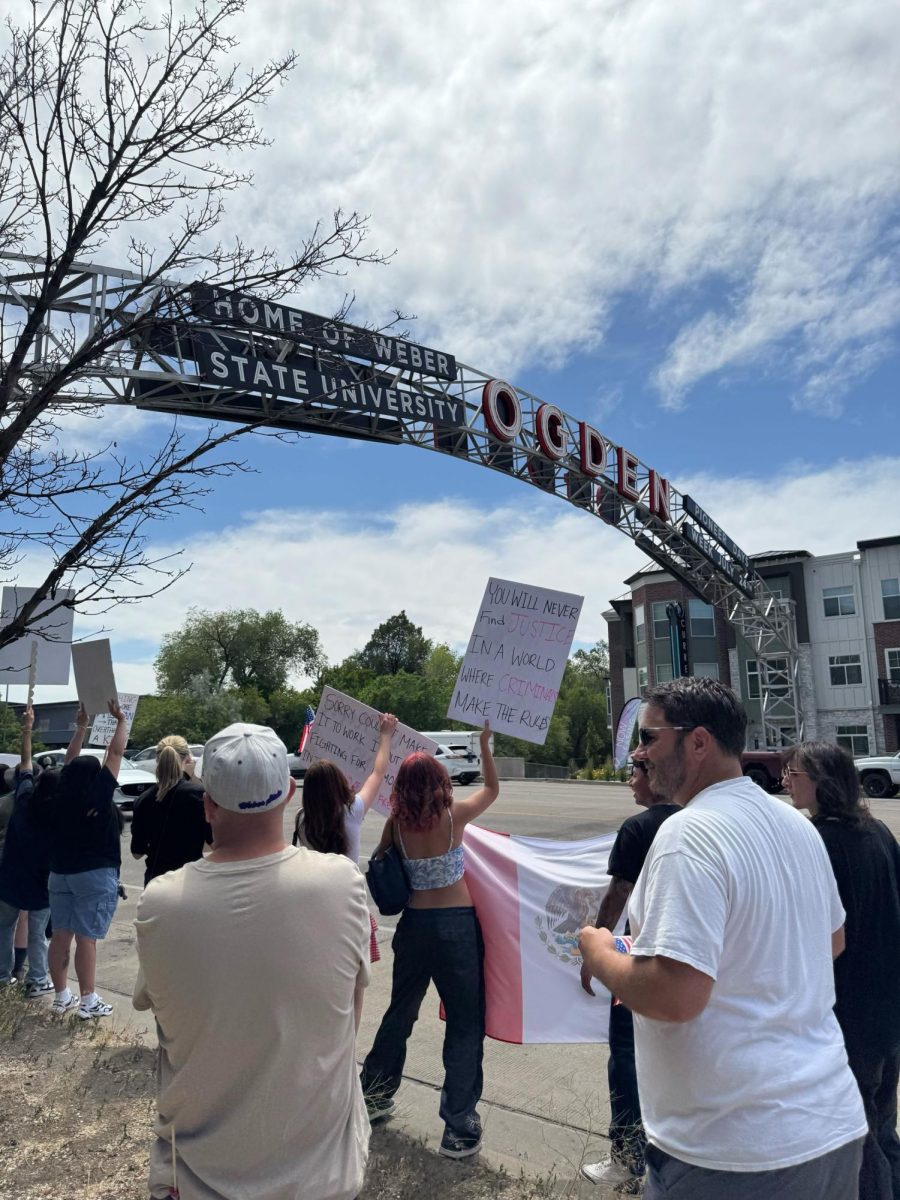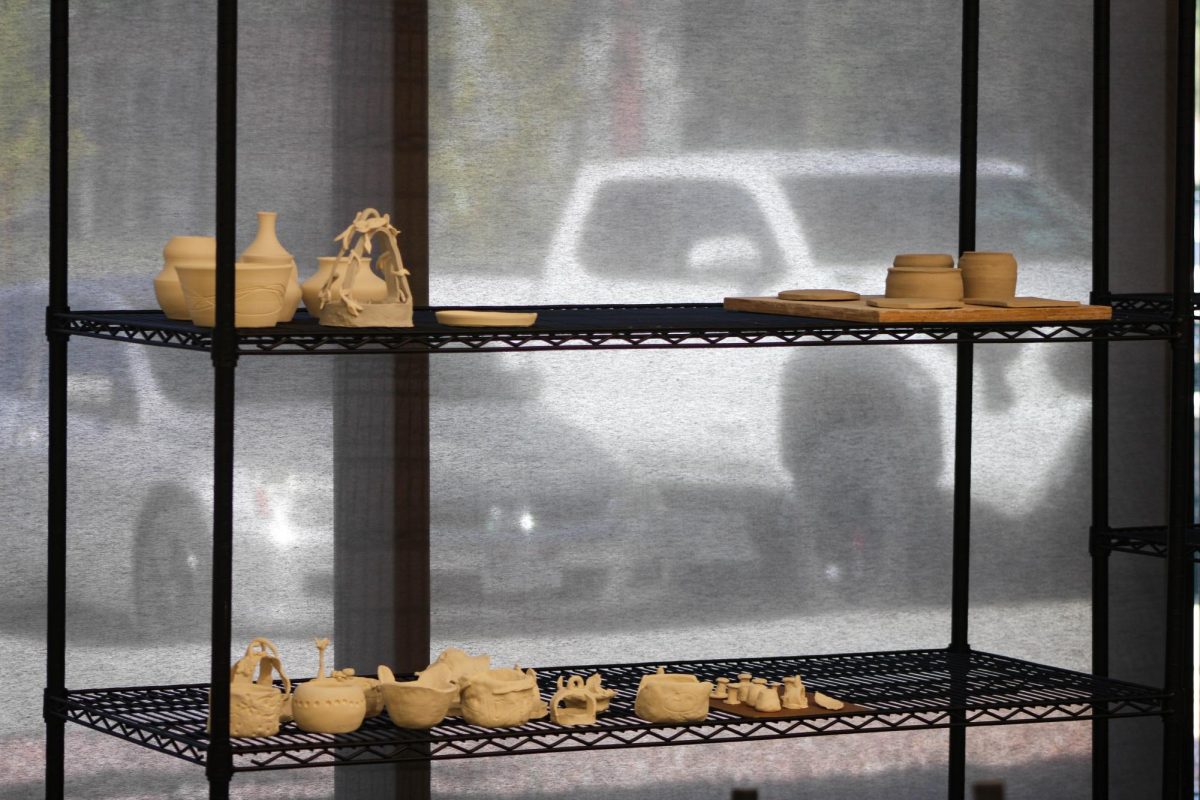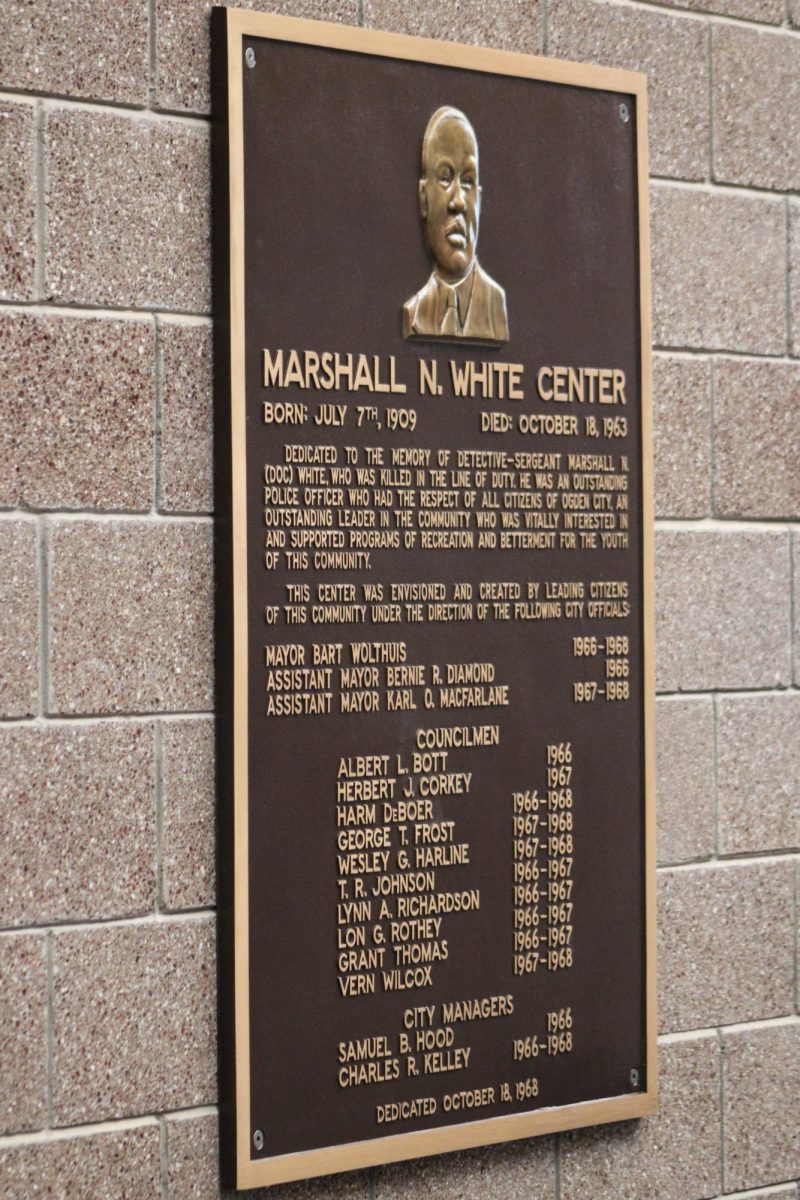
As a part of Weber State’s 10th annual Native Symposium, the Weber State University Center for Diversity and Unity hosted “American Indian Land and Water: Confronting Many Challenges,” a lecture by Dan McCool on Wednesday.
McCool is a political science professor at the University of Utah and the director of the Environmental and Sustainability Studies Program. After receiving his master’s in political science from the University of Arizona, McCool went on to get his Ph.D in the same field.
McCool’s research focuses are water resource development, public lands policy, voting rights and Indian water rights. He has written several books pertaining to these subjects and is also involved with the National Oceanic and Atmospheric Administration, the U. S. Department of Justice, The ACLU’s Voting Rights Project and the Southwest Center for Environmental Research and Policy.
McCool started his lecture off by talking about when American Indians became more established within the U.S. He talked about what year they got the right to vote and the year they gained citizenship.
This discussion led to McCool explaining the knowledge he has gained about American Indian water rights throughout the past 40 years of his research. These rights are referred to as Winters Rights, or federal reserved water rights.
Winters Rights came from the Winters v. United States Supreme Court case in 1907 and are used to clearly outline the water rights of American Indian reservations and how rights to the water are relevant to the survival and well-being of the people.
One particular example McCool gave of clashing water rights was with the Navajo Nation tribe in New Mexico. CBS stated that an estimated 40 percent of the people who live there don’t have access to running water without trekking 100 miles round trip. The water that they may have easier access to might not even be safe to drink.
McCool shared with students that the Navajo reservation, which is the most populated Indian reservation, now has the largest settlement for a single tribe—$554 million.
“The federal government is supposed to act as a trustee for the Native Americans,” McCool said.
Under this agreement, the Navajo Nation will terminate its current lawsuit against the U.S. government and proceed with resolving the dispute.
“Indian tribes have empowered themselves. They realize the only way to protect their land and water is to do it themselves,” McCool said.













